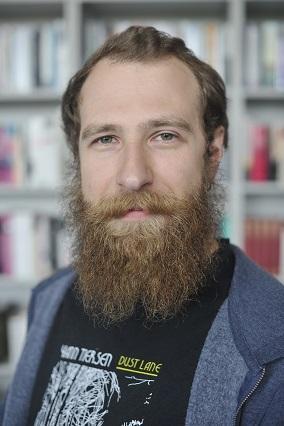Luc Wodzicki
Luc Wodzicki received his B.A. in Islamic Studies (Freie Universität Berlin, 2012) and his M.A. in Global History (Freie Universität Berlin & Humboldt Universität Berlin, 2015). Subsequently, he became a guest researcher at the Max-Planck-Institute for Human Development's Centre for the History of Emotions (2016 – 2017) where he developed his dissertation project. He is currently a visiting researcher at the Kunsthistorisches Institut Florenz in Florence, Italy (September 2019 – January 2020). His research focuses on the Conceptual and Intellectual History of trans-cultural encounters in the Early Modern Mediterranean as well as Theories of Historical Time(s).
The Virtuous. Political Communication between the Italian States and the Ottoman Court in the Age of Mehmet II (1453 – 1481)
During the reign of Mehmet II (1453 – 1481) 'virtue' became a central concept in Italian–Ottoman political communication. This was facilitated by a partially shared history of formulating and applying virtue ethics. Centre-piece to this tradition is an idea that runs from Greek through Islamic deep into Ottoman and Italian thought: virtue maintains stability in a society. Based on this claim, my project argues that in political communication virtue concepts are much more than an aspect of well-regulated conduct. Virtue is the underlying mediator in an intersecting language of expressing legitimacy and authority. In three case studies I shed light on (1) virtue as a reciprocal concept, (2) virtue as a quality of the cultural mediator, and (3) virtue as basis for the construction of a common past. Thereby, I analyze materials, such as letters, treatises, and works dedicated to the Sultan, in various languages. But the exchange on the basis of virtue ethics did not take place in textual form alone. Upon request by Mehmet II a number of Italian artists created portrait-medals with his likeness. The explicit quality of these medals lay in capturing, preserving, and communicating the virtue of the portrayed.The study of political communication is concerned with the means actors used to shape their political environment an aspect that is often problematic in situations of cross-cultural enocunter. Here, a focus on virtue can help to view trans-cultural relations in the Mediterranean from a new decentrist angle.
contact: l.wodzicki@fu-berlin.de

